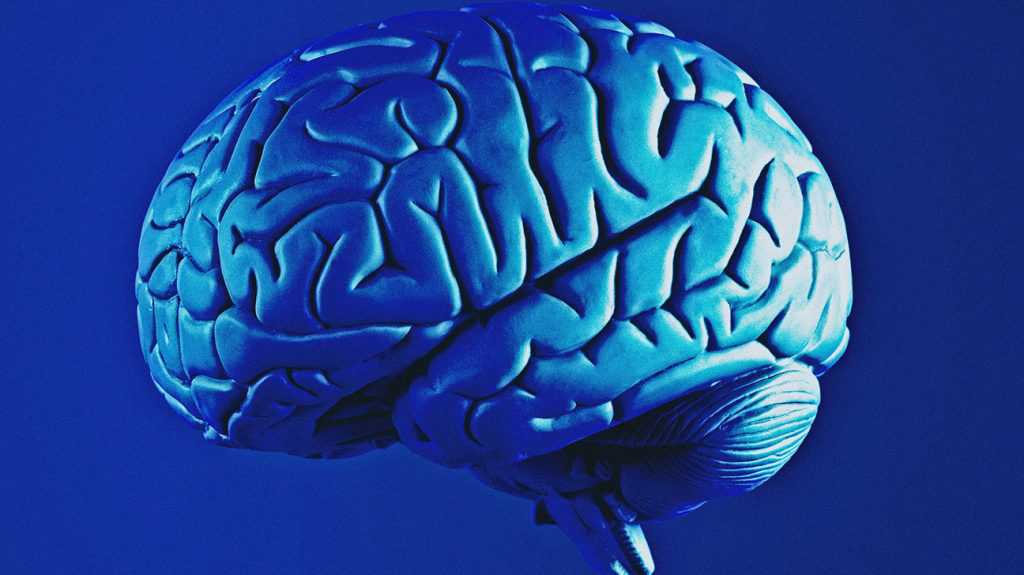Study confirms large doses of vitamin D haven't any effect on COVID-19
05 May, 2021

There were numerous investigations into a possible role for vitamin D in preventing both SARS-CoV-2 infections and COVID-19 complications.
These research have drawn conflicting conclusions. Now, a study from experts in Brazil offers a more robust answer to at least one key concern: can vitamin D assist in preventing COVID-19 complications in specifically ill hospitalized patients? According to the results, the remedy appears to be no.
The study discovered that high doses of vitamin D administered to medical center patients with moderate or serious COVID-19 didn't affect the span of the disease.
“In vitro studies or perhaps trials with animals had previously displayed that in certain scenarios, vitamin D and its metabolites could possess anti-inflammatory and antimicrobial results, and also modulating the immune response,” explains Rosa Pereira, principal investigator for the analysis.
“We made a decision to investigate whether a high dose of the compound could have a shielding result in the context of an acute viral disease, reducing either the inflammation or the viral load.”
Predicated on the study’s benefits, says Pereira, “So far, we are able to say there’s very little indication to manage vitamin D to people who come to a healthcare facility with serious COVID-19.”
COVID-19 and vitamin D
Scientists in the University of São Paulo’s Medical School (FM-USP) in São Paulo, Brazil, conducted the randomized, double-blind, and placebo-controlled clinical trial. The researchers say this study may be the to begin its kind.
The team tracked the experiences of 240 volunteers getting treatment for COVID-19 symptoms at FM-USP’s Medical center das Clínicas and the Ibirapuera Park field medical center in São Paulo City, from June to August 2020. All individuals had tested confident for SARS-CoV-2 by using a polymerase chain reaction test or via antibody tests.
All of them received treatment with regular COVID-19 protocols that include antibiotic and anti-inflammatory medications. The experts therefore divided them into two equivalent groups at random.
The scientists gave participants in the first group an individual 200,000-unit dose of vitamin D3 dissolved in peanut oil. They gave those in the next group unaltered peanut-oil placebos.
The design of the analysis was to find whether a higher dose of vitamin D was connected with a shorter hospitalization - the researchers found that it was not.
The investigation also found no evidence that vitamin D made a person less inclined to be admitted to the intensive care unit or less likely to need intubation.
Vitamin D also appeared to have no effect on mortality, although Pereira cautions a larger study with an increase of participants is required before researchers can pull final conclusions.
Source: www.medicalnewstoday.com
TAG(s):
